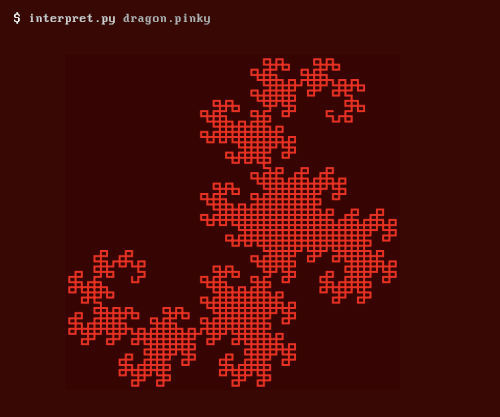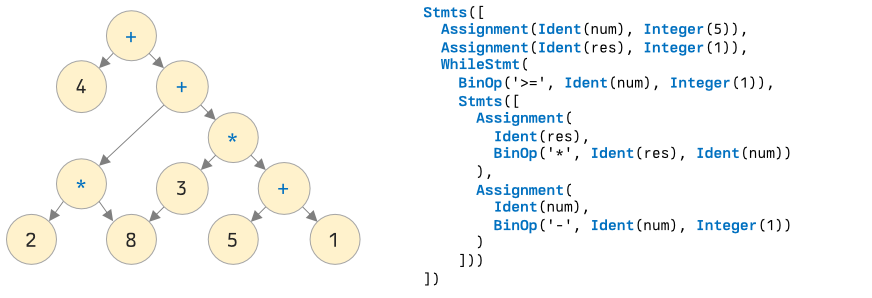- 27 hours on-demand video content
- Lifetime access
- Live meetup
- Downloadable resources and exercises
- Certificate on completion
- Access on mobile and desktop
- Secure checkout via Credit Card or PayPal
- 14-day money back guarantee
- Last updated January 2026
Compilers, Interpreters & Formal Languages
Create your own programming language by writing an interpreter and a compiler from scratch.
$89.99
ENROLL NOW FREE PREVIEW









 We don't offer discounts on our courses. Ever.
We don't offer discounts on our courses. Ever.




